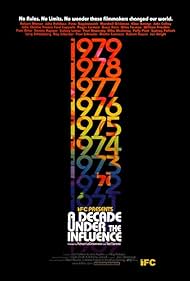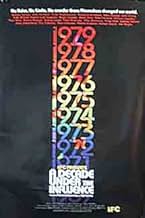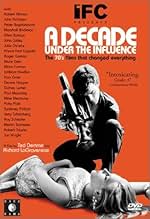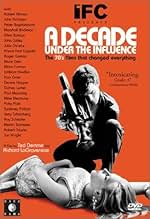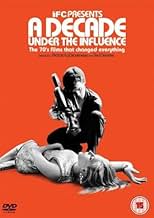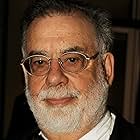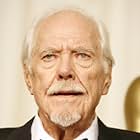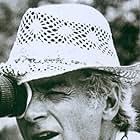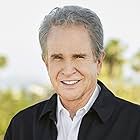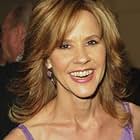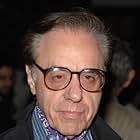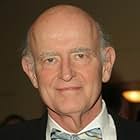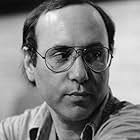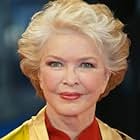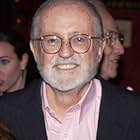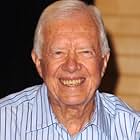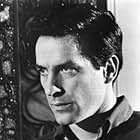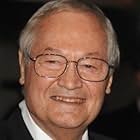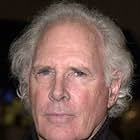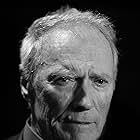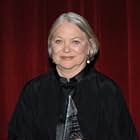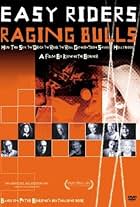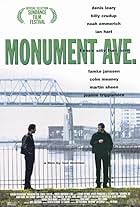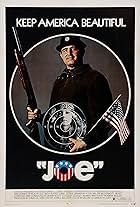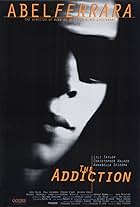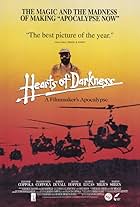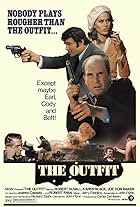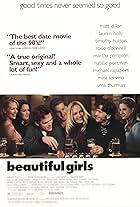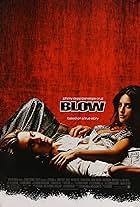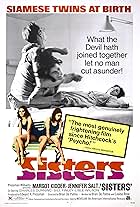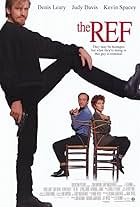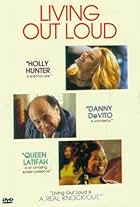IMDb RATING
7.6/10
2.8K
YOUR RATING
A documentary examining the decade of the 1970s as a turning point in American cinema. Some of today's best filmmakers interview the influential directors of that time.A documentary examining the decade of the 1970s as a turning point in American cinema. Some of today's best filmmakers interview the influential directors of that time.A documentary examining the decade of the 1970s as a turning point in American cinema. Some of today's best filmmakers interview the influential directors of that time.
- Nominated for 1 Primetime Emmy
- 1 win & 2 nominations total
Warren Beatty
- Self
- (archive footage)
Linda Blair
- Self
- (archive footage)
Peter Boyle
- Self
- (archive footage)
Jimmy Carter
- Self
- (archive footage)
John Cassavetes
- Self
- (archive footage)
Louise Fletcher
- Self
- (archive footage)
Storyline
Did you know
- TriviaThe opening song is titled Apricot Brandy, an instrumental song by the band Rhinoceros, released in 1969.
- Alternate versionsWas edited into 3 parts for airing on IFC as three episodes. This is also how it appears on DVD.
- ConnectionsFeatures Breathless (1960)
Featured review
This is a great compendium of interviews and excerpts form the films of the late sixties and early 70s that were a counter movement to the big Studio Films of the late sixties. Directed by Ted Demme, it is obviously a labor of love of the films of the period, but it gives short shrift to the masterpieces of the times.
Many of the filmmakers of this period were influenced by Truffaut, Antonioni, Fellini, Bergman, and of course John Cassavetes. Unfortunately the documentary logging in at 138 minutes is too short! The film is rich with interviews and opinions of filmmakers. Some of the people interviewed are: Martin Scorsese, Francis Coppola, Robert Altman, Peter Bogdonovich, Ellen Burstyn, and Roger Corman, Bruce Dern, Sydney Pollack, Dennis Hopper, and Jon Voight.
Bruce Dern has a moment of truth when he says that he and Jack Nicholson may not have been as good looking as the other stars that came before them but they were "interesting". This summarizes the other areas of this period of film-making in American history.
The filmmakers were dealing with a lack of funding from the Studios because they were expressing unconventional attitudes about politics, sex, drugs, gender and race issues, and Americas involvement in overseas conflicts like the Vietnam War.
There is a great interview with Francis Coppola saying that he got the chance to make "The Conversation" because the producers knew he had been trained by Roger Corman to make a movie with nothing so they bankrolled his film.
Another interview is with Jon Voight who was directed by Hal Ashby in "Coming Home" a clear anti-war film about a crippled soldier immersing himself back into society after his facing battle. Voight talks about how his working methods helped him achieve an emotional telling point when Ashby said that they were doing a "rehearsal" take and it ended up being the take used in the film- it was better because it was so un-rehearsed and not drained of its freshness by being over-rehearsed.
There are also many fine excerpts from Al Pacino's break-through film "The Panic in Needle Park", and interviews from Dennis Hopper on the making of "Easy Rider", and interviews from Sydney Pollack about making films.
All in all the documentary is a fine jumping off point for any film lover who wants to see great examples of what the new voices in film were like in the Seventies. Many of the Sundance Folks, where this film made a big splash, are unaware of just how much the Independent Film Maker today owes to the films of John Cassavetes, Milos Foreman, William Friedkin, and Roger Corman.
Rent it from your favorite shop. It will at least perk you up to some films you may not have seen before and can enjoy today. Amazon.com has it for as little as $11.50, if you want to buy right out.
Many of the filmmakers of this period were influenced by Truffaut, Antonioni, Fellini, Bergman, and of course John Cassavetes. Unfortunately the documentary logging in at 138 minutes is too short! The film is rich with interviews and opinions of filmmakers. Some of the people interviewed are: Martin Scorsese, Francis Coppola, Robert Altman, Peter Bogdonovich, Ellen Burstyn, and Roger Corman, Bruce Dern, Sydney Pollack, Dennis Hopper, and Jon Voight.
Bruce Dern has a moment of truth when he says that he and Jack Nicholson may not have been as good looking as the other stars that came before them but they were "interesting". This summarizes the other areas of this period of film-making in American history.
The filmmakers were dealing with a lack of funding from the Studios because they were expressing unconventional attitudes about politics, sex, drugs, gender and race issues, and Americas involvement in overseas conflicts like the Vietnam War.
There is a great interview with Francis Coppola saying that he got the chance to make "The Conversation" because the producers knew he had been trained by Roger Corman to make a movie with nothing so they bankrolled his film.
Another interview is with Jon Voight who was directed by Hal Ashby in "Coming Home" a clear anti-war film about a crippled soldier immersing himself back into society after his facing battle. Voight talks about how his working methods helped him achieve an emotional telling point when Ashby said that they were doing a "rehearsal" take and it ended up being the take used in the film- it was better because it was so un-rehearsed and not drained of its freshness by being over-rehearsed.
There are also many fine excerpts from Al Pacino's break-through film "The Panic in Needle Park", and interviews from Dennis Hopper on the making of "Easy Rider", and interviews from Sydney Pollack about making films.
All in all the documentary is a fine jumping off point for any film lover who wants to see great examples of what the new voices in film were like in the Seventies. Many of the Sundance Folks, where this film made a big splash, are unaware of just how much the Independent Film Maker today owes to the films of John Cassavetes, Milos Foreman, William Friedkin, and Roger Corman.
Rent it from your favorite shop. It will at least perk you up to some films you may not have seen before and can enjoy today. Amazon.com has it for as little as $11.50, if you want to buy right out.
- How long is A Decade Under the Influence?Powered by Alexa
Details
- Release date
- Country of origin
- Language
- Also known as
- Una década bajo la influencia
- Production companies
- See more company credits at IMDbPro
Box office
- Gross US & Canada
- $34,837
- Opening weekend US & Canada
- $2,320
- Apr 27, 2003
- Gross worldwide
- $34,837
- Runtime2 hours 18 minutes
- Color
- Sound mix
- Aspect ratio
- 1.85 : 1
Contribute to this page
Suggest an edit or add missing content

Top Gap
By what name was A Decade Under the Influence (2003) officially released in Canada in English?
Answer